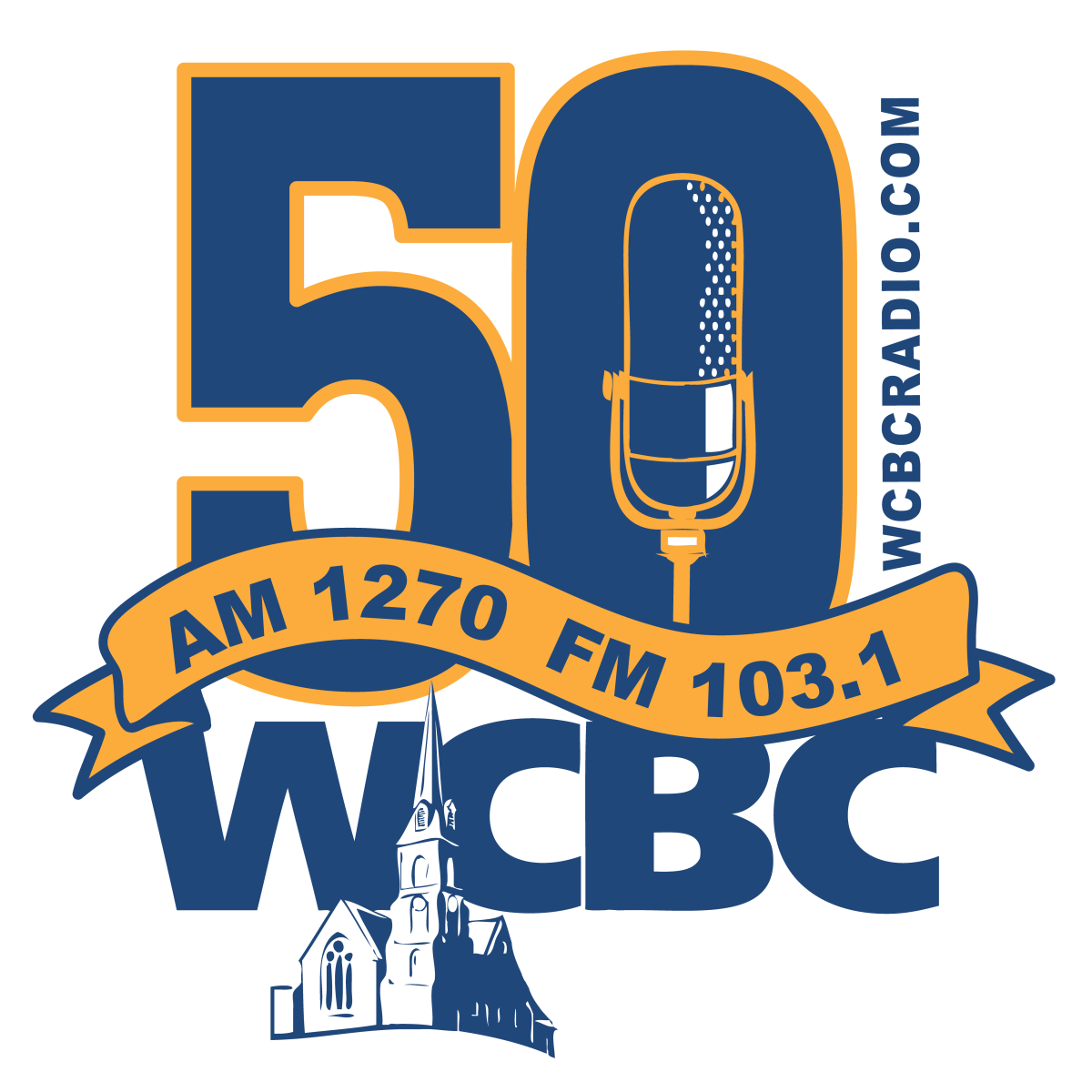June 23rd, 2017 by WCBC Radio
Measures in Congress to dismantle much of the Affordable Care Act "do not work for Maryland," a spokeswoman for Gov. Larry Hogan said Thursday.
The comments, the strongest yet from the Republican governor's administration about efforts to dismantle much of former President Barack Obama's health care law, came as the Senate's proposal was made public. The bill would phase out the extra money the federal government provides to states — including Maryland — that have expanded coverage under the federal-state Medicaid program for low-income people.
"We know the current system needs to be fixed but the proposals that are being considered in Congress do not work for Maryland," Amelia Chasse, Hogan's spokeswoman, wrote in an email in response to a query from The Associated Press.
Work on the Senate measure has been criticized for being done secretly and in behind-closed-doors meetings, a shortcoming noted by the governor's spokeswoman.
"Congress should go back to the drawing board in an open, transparent and bipartisan fashion to craft a bill that works for all Americans," Chasse added.
Under the Senate bill, additional federal Medicaid funds would continue through 2020, and be gradually reduced until they are entirely eliminated in 2024. Ending Obama's Medicaid expansion has been a major problem for some GOP senators. Some from states that have expanded the program have fought to prolong the phase-out, while conservative Republicans have sought to halt the funds quickly.
The program currently gives states all the money needed to cover eligible recipients and procedures.
In previous comments about efforts to roll back the Obama health care plan, Hogan has mostly noted that the legislative process in Washington still had a long way to go. His spokeswoman's comments were made now that there is a more complete picture of what is being proposed with House and Senate bills. Hogan remained on a trade trip overseas on Thursday, but has been in touch with aides in Annapolis, Chasse said.
In March, Hogan said bipartisan work in both houses of Congress as well as input from governors would be needed to create a compromise solution "that gets rid of some of the problems and fixes the issues while still protecting as many people as we can."
Hogan also has said he believes more federal funding is needed to battle opioid addiction, not less.
Medicaid cuts resulting from the GOP legislation would hit states badly affected by the addiction crisis, according to state data. According to data compiled by The Associated Press, Medicaid expansion accounted for 61 percent of total Medicaid spending on substance abuse treatment in Kentucky, 47 percent in West Virginia, 56 percent in Michigan, 59 percent in Maryland, and 31 percent in Rhode Island.





.jpg)













